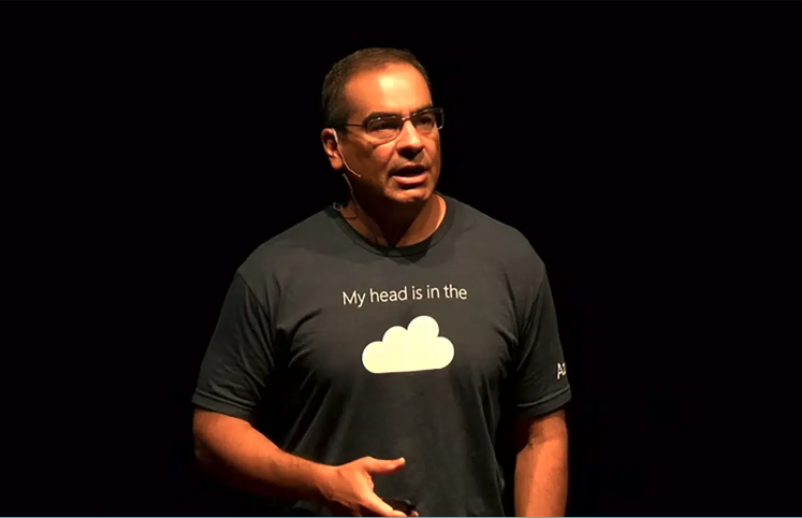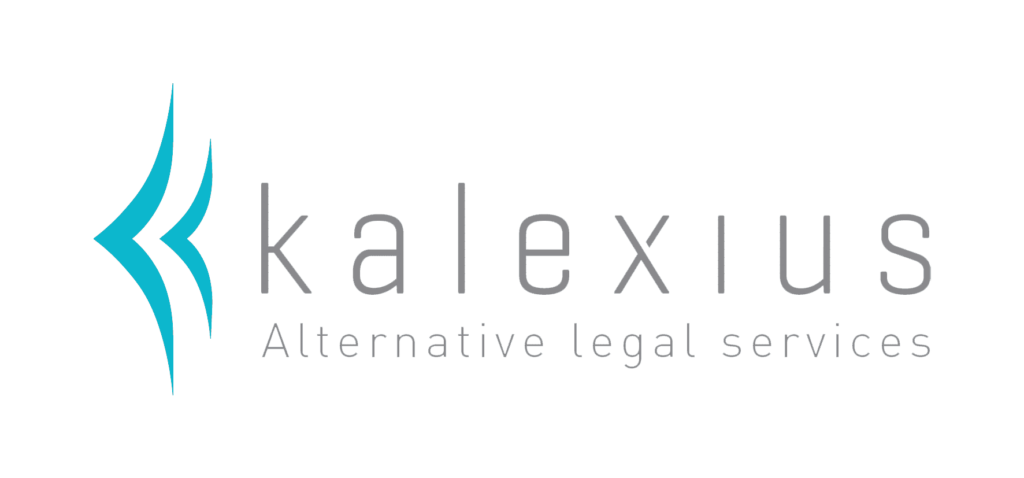
“THINK LEGAL WORK CAN’T BE PLAYBOOKED? WELCOME TO THE NEIGHBORHOOD OF MAKE-BELIEVE”
Dennis, tell us about your background and how you became an Assistant GC at Microsoft.
I was born and raised in the New York City area. I went to college in upstate New York at Binghamton University and attended law school at Columbia Law School in New York. During my career, I have worked in-house for three large technology companies. Immediately after law school, I got my first legal job with the IBM legal department before moving to the Accenture legal group. For the past 19 years, I have had the privilege to work for the greatest legal department on the planet: the Microsoft Corporate External & Legal Affairs team.
In one of your videos, you quote your dad saying ‘the only constant in life is change’. In your experience, is the legal sector ready to embrace change or are we still in the ‘talking-about-it’ phase?
Like all industries, the legal sector has embraced change both in its use of technology and its ways of working in response to the pandemic. That said, it will be interesting to see if the legal sector is able to sustain this evolution and embrace more change moving forward.
Do you think in-house legal departments are as or more open to change than law firms?
I find it difficult to generalize on whether in-house legal departments are more open to change than law firms or vice-versa. In my experience, organizations who seem to be more open to change have senior leaders who set the “tone at the top” by developing a culture based on a growth mindset, embracing inclusivity and being customer-obsessed.
You also focus on ‘fake work’ and ‘real work’ in in-house teams. What do you mean by ‘fake work’ and how can legal teams avoid it?
In my view, ‘fake work’ often involves being engaged in busy work including mundane/repetitive activities that do not serve to deliver high-value and positive business outcomes for our clients. I believe that there are many opportunities for legal teams to ‘de-lawyer’ work in order to avoid doing this ‘fake work’. In this way, they can free up time for ‘real work’, meaning complex and strategic work that is mission-critical to help their organization achieve their business objectives with a smart risk-taking and compliance-first mindset.
As the practice of law evolves and new functions and alternatives such as legal ops and ALSPs take root, how can in-house teams build on these new developments and improve their efficiency and productivity?
I think in-house legal teams can embrace a growth mindset by learning from other teams’ experiences. Legal departments can learn loads from similar departments by looking at how they use technology, ops skills and other tools to help drive increased efficiency and productivity in the delivery of legal services.
How can in-house legal departments benefit from delegating tactical legal work to ALSPs?
The first step is an in-depth analysis of the legal work undertaken by the team. From this analysis, teams can identify whether part of the work is repetitive, time-consuming, mundane and/or low-risk in nature. These tasks and projects can be performed or automated by legal providers such as ALSPs, allowing in-house departments to free up valuable time to deliver higher-impact work to their clients.
How do you respond to people who believe legal work can’t be playbooked or outsourced?
When I was growing up, I was a big fan of the children’s TV series “Mister Rogers’ Neighborhood,” where some of my favorite characters including Henrietta Pussycat, King Friday XII and X the Owl lived in the fictional “neighborhood of make-believe.” If people truly think that aspects of legal work can’t be playbooked or outsourced, then they must residents of the ‘neighborhood of make-believe’.
We often discuss the people/process/tech balance – do you think the legal tech market is defined by point solutions to an extent?
While I’m not an expert in the legal tech market, I do think there may be opportunities for legal tech providers to offer solutions that are more holistic and “one-stop-shop” in nature. This might be done by establishing potential partnerships and alliances with other providers who can help them to better serve their customers.
You’re a huge baseball fan and you often draw parallels between baseball and the legal sector. What can in-house teams learn from Major League Baseball and how does that translate in day-to-day work?
I think there are many lessons in baseball that are also applicable to our work as lawyers and legal professionals. First, adaptability: the best ballplayers and lawyers embrace change and are willing to constantly adjust as needed to improve themselves. Second, humility: just as the practice of law, baseball is a difficult game with lots of ups and downs; it is important for legal professionals and baseball players alike to remain humble and well-grounded at all times. Third, team-first: you need to be a great team player when playing baseball and being part of a legal group – we should always look for opportunities to make ourselves and our teammates better.
As a champion of diversity and inclusivity in the workplace, do you feel the legal sector is on the right path?
In my view, the legal sector has a lot more work to do in advancing diversity and inclusivity in the workplace. For instance, while nearly 19% of the US population is Hispanic, the number of Hispanic lawyers in the US is unfortunately way below 19%. We all need to remember that embracing diversity and inclusivity is highly important from a business perspective – especially as many studies show that diverse and inclusive teams outperform teams that are less diverse and inclusive.


